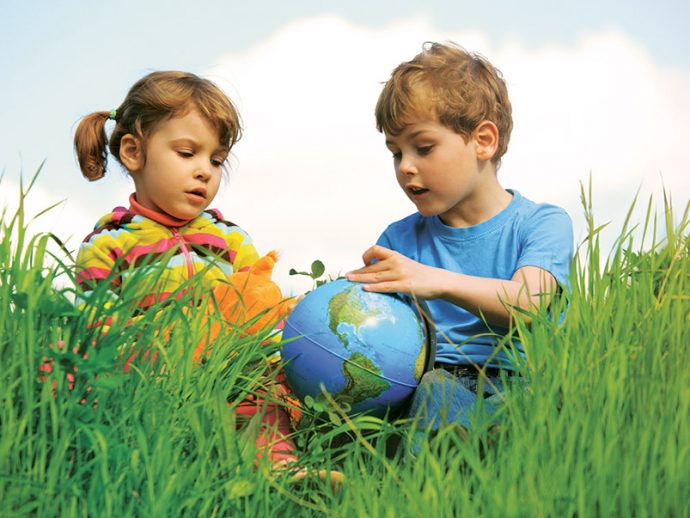
Experts say that children who become involved in their local and global communities have greater self-esteem, enhance their social and psychological development and make healthier lifestyle choices. They’re also more likely to become engaged citizens as adults.
Here’s how you can connect your kids to the world around them.
Put it on your radar
Raising well-rounded kids shouldn’t stop at hiring a math tutor, sourcing out piano lessons and signing them up for soccer. But unfortunately, you can’t exactly Google classes on compassion and generosity. “Our society isn’t built to create those kinds of opportunities for families,” says Craig Kielburger, co-founder of the international charity Free the Children and the social enterprise Me to We. “Parents and families have to consciously create them, and be as thoughtful about it as they are for academics or sports or music.”
Take on “talkable” moments
When a topic like global warming or child exploitation comes up in a situation—from a TV commercial to a store sign or a product label—seize the opportunity to chat about it. Why would Auntie Grace like a fair trade gift? How is recycling helpful? Explanations need not be complex or lengthy.
When you don’t address issues as they come up, you’re still giving your child a message: that you’re uncomfortable talking about it, or that it doesn’t bother you.
Find unofficial opportunities
Often, formal volunteer programs have minimum age requirements, so your child may not qualify. Make up for it by organizing volunteer gigs yourself. Your child can become a buddy to a new student or help an elderly neighbor rake leaves. Ask them what they would like to do, and try to tap into their passions.
Think beyond money and time
“A lot of times, when parents think about global citizens, they think of traditional charity,” Kielburger says. “They think: give money or give time. We have a very finite amount of both.” Children can raise awareness through classroom projects or help the environment by riding a bike to school.
Tips for difficult discussions
Poverty. Disease. Oppression. Earthquakes. These aren’t easy for even adults to take in, so how do we explain difficult news topics to our children? Here are a few tips.
- It may be up to you to raise the topic. It’s natural to want to shield your children from bad news. But don’t assume they haven’t heard anything just because they haven’t mentioned it. If your child isn’t ready to talk about it, they’ll let you know—and you can back off. The important thing is that they know you’re available to talk.
- Don’t assume they’ll be depressed or traumatized. Making a topic part of everyday conversation will help to normalize it. Be compassionate and nonjudgmental.
- Adjust what you say according to age. Younger children need to know they’re safe. Explain in simple language why a tsunami happens and what precautions we take. By age 13 or so, kids can appreciate shades of gray—you can discuss, for instance, the consequences of a boycott on an exploited worker.






